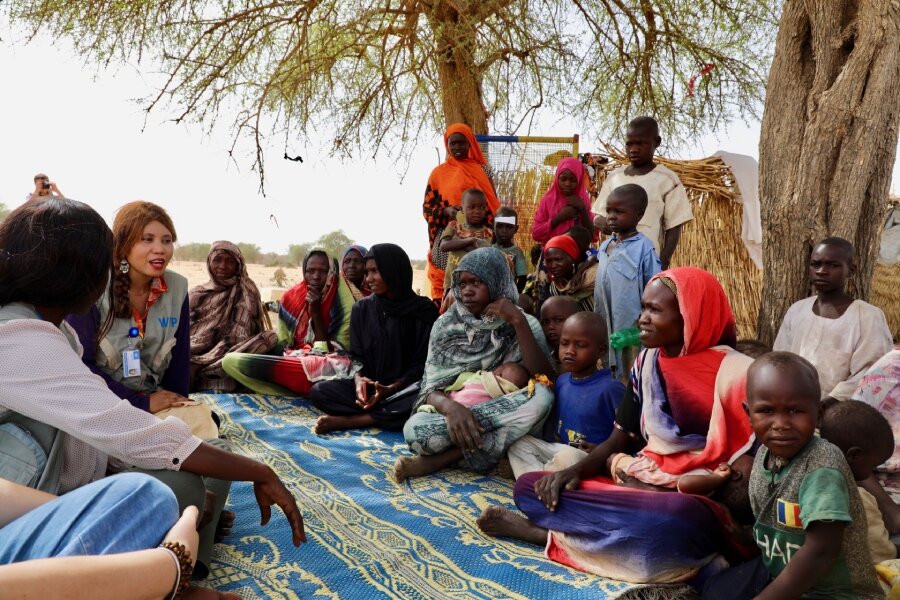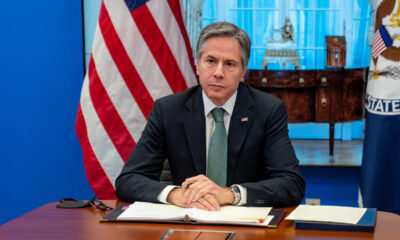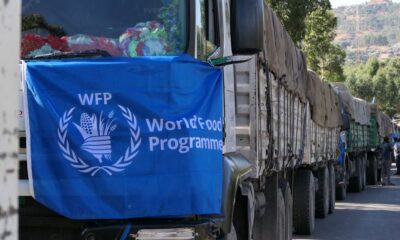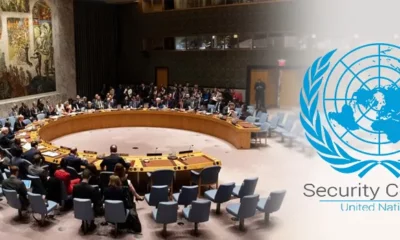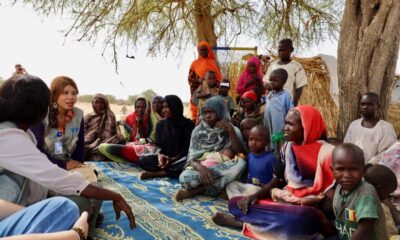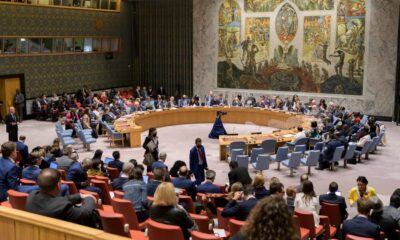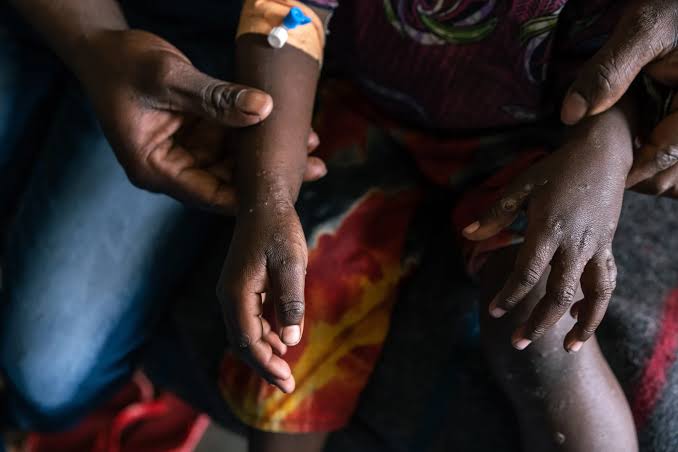In the wake of an aid organization warning of a potential catastrophic scarcity of special food meant to treat malnourished children in the camp, Sudan on Sunday denied that famine was occurring in the internally displaced Zamzam camp in North Darfur.
A worldwide food monitor discovered on Thursday that there was a famine in the Zamzam camp, which is defined as the presence of acute malnutrition and the fulfilment of mortality standards. The famine is expected to last at least through October.
A famine declaration, according to experts and U.N. officials, might lead to a resolution by the Security Council allowing organizations to provide aid to the most vulnerable people across borders. However, Sudanese officials have expressed concern that this could serve as a cover for foreign intervention in their nation.
The world’s largest internal displacement crisis has resulted from more than 15 months of fighting between the army and the paramilitary Rapid Support Forces (RSF) in Sudan, leaving 25 million people—or half the country’s population—in urgent need of humanitarian relief.
Early this year, the charity organization Médecins Sans Frontières (MSF) reported that a kid in the half-million-person camp died every two hours. In a post on X on Sunday, it stated: “Our teams only have enough therapeutic food to treat malnourished children in Zamzam camp, Sudan, for another two weeks.”
However, the government-run Federal Humanitarian Aid Commission of Sudan stated on Sunday that discussions about famine were untrue and that the circumstances were “not consistent” with those that need to be fulfilled in order to declare famine.
The Sudanese government attributed the scarcity of food and supplies to the RSF’s alleged blockade of al-Fashir, the capital of North Darfur. Al-Fashir is the last notable RSF rebel remaining in Darfur.
Declaring “full solidarity” with the famine victims on Friday, the RSF reiterated its readiness to collaborate with the UN to expedite the delivery of relief.

